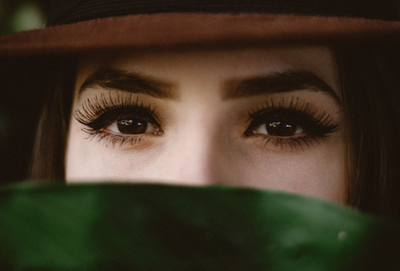PHOBIAS
A phobia is an overpowering and not logical fear of something or situation that poses little real threat but provokes anxiety and avoidance. If you have a phobia, you may experience a deep sense of distress or panic when you encounter the source of your fear. The fear can be of a certain place, situation, or object. Unlike general anxiety disorders, a phobia is usually connected to something specific. Such fears can interfere with your work, school, and personal relationships.
SPECIFIC PHOBIAS
- Glossophobia: Performance anxiety, or the fear of speaking in front of an audience. People with this phobia have severe physical symptoms when they even think about being in front of a group of people.
- Acrophobia: The fear of heights. People with this phobia will avoid mountains, bridges, or the higher floors of buildings. Symptoms include vertigo, dizziness, sweating, and feeling as if you’ll pass out or lose consciousness.
- Claustrophobia: The fear of enclosed or tight spaces. Severe claustrophobia can be especially disabling if it prevents you from riding in cars or elevators.
- Aviatophobia: The fear of flying.
- Dentophobia: Fear of the dentist or dental procedures. This phobia generally develops after an unpleasant experience at a dentist’s office. It can be harmful if it prevents you from obtaining needed dental care.
- Hemophobia: Fear of blood or injury. A person with hemophobia may faint when they come in contact with their own or another person’s blood.
- Arachnophobia: Fear of spiders.
- Cynophobia: Fear of dogs.
- Ophidiophobia: Fear of snakes.
- Nyctophobia: Fear of the nighttime or darkness. This phobia almost always begins as a typical childhood fear. When it progresses past adolescence, it’s considered a phobia.

